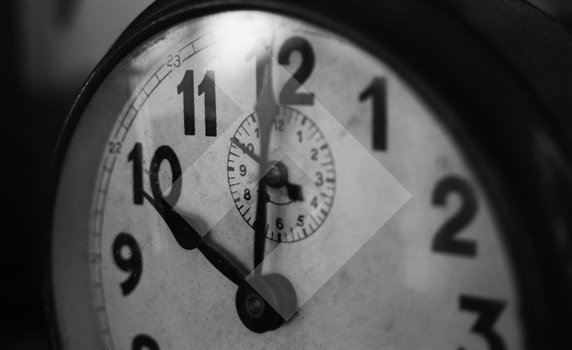Are you worried that you don’t get enough sleep and how that in turn, is affecting your life? Do you know how much sleep you should be getting? Did you know that for efficient snooze, you should be repeatedly moving through five stages of sleep? If you’re in a daze when it comes to the answers to these questions, read on for more information.
How much sleep should I get per night?
We spend over a third of our lives in bed so it’s essential that we get to bed on time and catch enough zzz’s. Sleep is a good indicator of health and wellbeing. Adults should aim to get between eight and nine hours nightly.
What are sleep cycles?
Each night while we are asleep, we move through a number of 90 minute sleep cycles. Each sleep cycle contains five stages of sleep.
During the initial four stages, you pass through non-rapid eye movement (NREM) sleep. The last stage is when rapid eye movement (REM) sleep happens.
- Stage 1: This is a very light sleep, where you can be woken easily and you may experience hypnic jerks
- Stage 2: Again, a light sleep, where you don’t dream but you can easily be woken up
- Stage 3-4: It is harder to wake up in this period and if you do, you will feel groggy and confused. While no dreams are had at this stage, sleepwalking sometimes occurs
- Stage 5: This is the deepest stage of sleep when dreaming occurs. Deprivation of this stage means you will be unable to form long term memories
All the sleep cycle stages allow the body to develop, heal or rest. If any of the stages are disrupted, a person can feel very tired even after sufficient sleep.
Effects of sleep deprivation
If you don’t get the amount of sleep you need, it can mean you are very tired in the daytime. It can also affect you in the following ways if you go through prolonged time of disturbed sleep:
- Weight Gain
- Lack of Concentration
- Lack of Energy
- Lack of Sex Drive
- Prematurely-aged Skin
- Lack of Ability to Form Long-term Memories
How to get enough sleep cycles
To get the right amount of sleep, it’s possible you may need to make some changes to your lifestyle.
Going to bed in good time and establishing a good sleep pattern are key to getting a good night’s rest. One way to do this is ensure that the atmosphere in your bedroom is just right. If you have clothes piles up everywhere and wet towels on the floor, it’s not going to help you drift off. You must also ensure that you have a comfortable mattress to ensure you are correctly supported while you sleep. The last thing you want is aches or pains when you need to rest.
In the hours before you go to bed, try to limit the amount of caffeine or alcohol you consume, as these are stimulants that will keep you awake. It also helps to do some form of exercise a few times per week.
A final tip is to limit the amount of technology in your bedroom. You don’t want news alerts flashing on your phone in the middle of the night as chances are the light will wake you up.
How to monitor sleep
If you feel as though you’re not getting the rest you need, you can monitor it using a sleep cycle app such as ‘Sleep Cycle’. It is a great way to track your sleeping patterns and also allows you to wake up gradually, rather than with a jolt at the sound of an alarm.
An alarm will gradually play to allow you to wake up while naturally rested and at the end of a sleep cycle. Another good option to wake up gradually is to invest in a Lumie Zest, here’s my review.
If you think you could benefit from a supportive mattress to ensure you make the most of those sleep cycles, contact experts who will be able to guide you to the best one for your needs.
![]()










 Paul
Paul 




I do well on 6 hours of sleep. Anything more than that and I feel groggy and just lethargeic! That being said… I do like an afternoon nap every so often!
Interesting post Paul. I get load of sleep!
All I know is – you get more sleep than I do! Lol